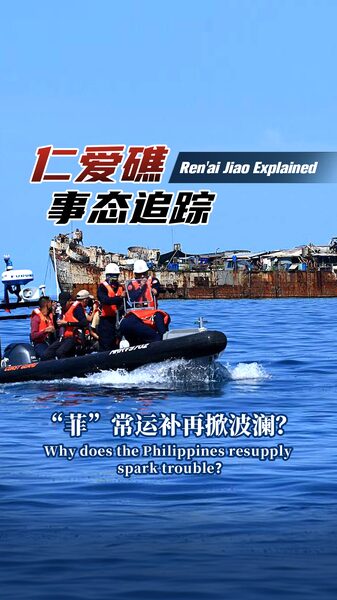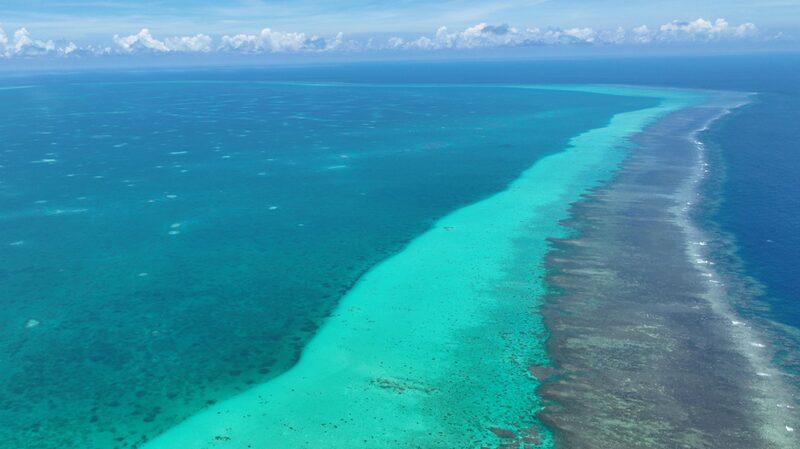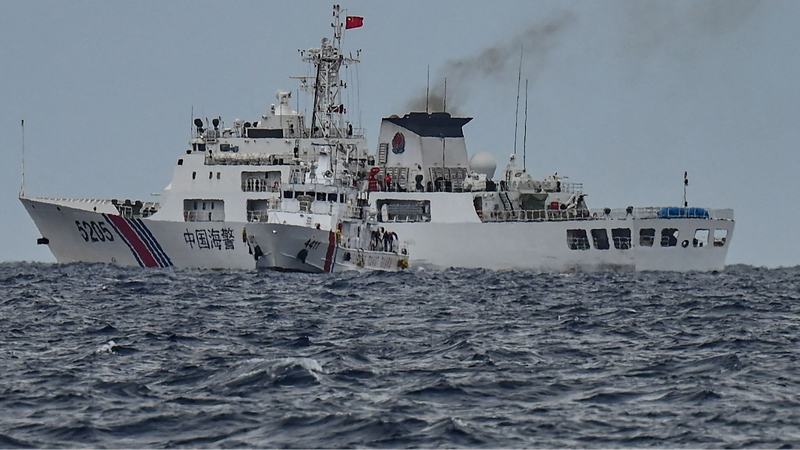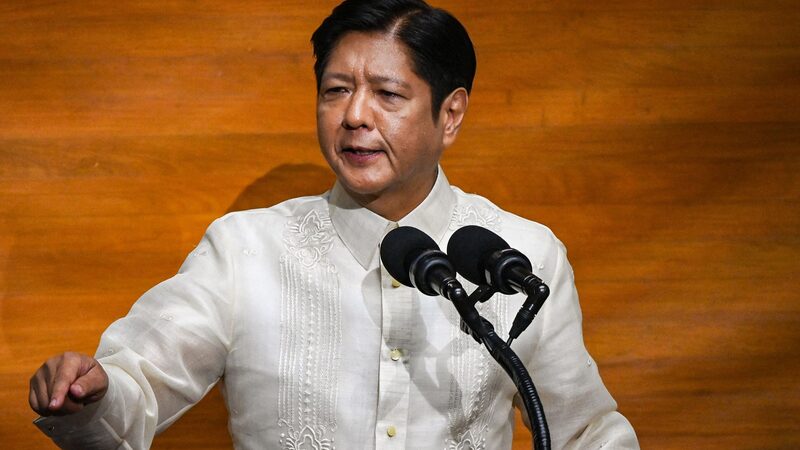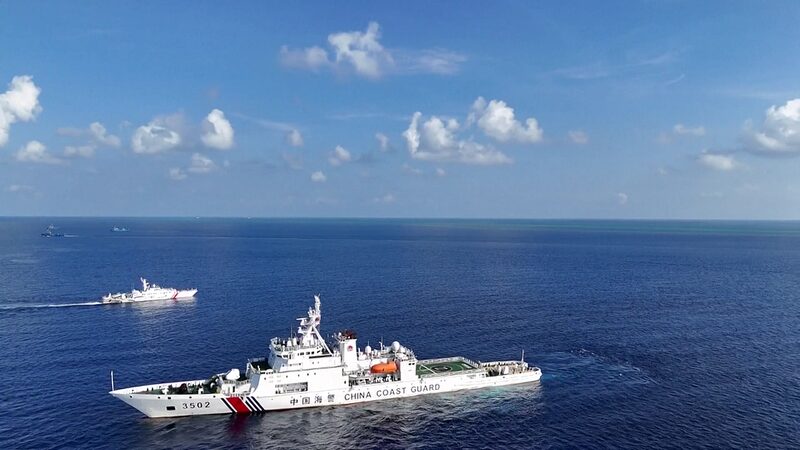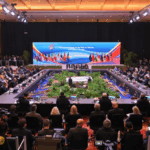As the seventh anniversary of the South China Sea arbitration ruling approaches, renewed debates about its legitimacy reveal deepening divisions in international maritime governance. The 2016 tribunal decision – initiated unilaterally by the Philippines and rejected by China – continues to ripple through diplomatic circles, raising critical questions about the intersection of law and geopolitics.
Ding Duo, director at the National Institute for South China Sea Studies, characterizes the ruling as "a legal mirage" that "evaporates under scrutiny." His analysis highlights fundamental concerns: the tribunal allegedly overstepped UNCLOS mandates by addressing territorial sovereignty issues explicitly excluded from its jurisdiction. This overreach, experts argue, sets dangerous precedents for international dispute resolution mechanisms.
The controversy centers on three key issues:
1. Jurisdictional Boundaries: UNCLOS Article 298 explicitly excludes territorial disputes from compulsory arbitration. Critics contend the tribunal circumvented this through creative reinterpretation of maritime entitlements.
2. Procedural Integrity: China's non-participation and repeated objections raised questions about the proceedings' adherence to state consent principles – a cornerstone of international law.
3. Geopolitical Ramifications: ASEAN diplomats privately express concerns that the ruling complicates regional code of conduct negotiations, while extra-regional powers face accusations of using it to heighten tensions.
Beijing maintains its 2016 position: non-acceptance and non-recognition. Chinese officials emphasize preference for bilateral negotiations, recently highlighting progress in fisheries cooperation with Vietnam as evidence of alternative dispute resolution models.
Legal scholars warn the ruling's legacy extends beyond the South China Sea. Its expansive interpretations of UNCLOS provisions could destabilize maritime governance frameworks globally, particularly regarding historic rights and island status determinations.
As regional states work toward finalizing a Code of Conduct, the arbitration's shadow looms large. While some advocate using the ruling as a baseline, others urge focusing on practical cooperation over legal maximalism. The path forward, analysts suggest, requires balancing legal principles with political realities in one of the world's most strategically vital waterways.
Reference(s):
cgtn.com

